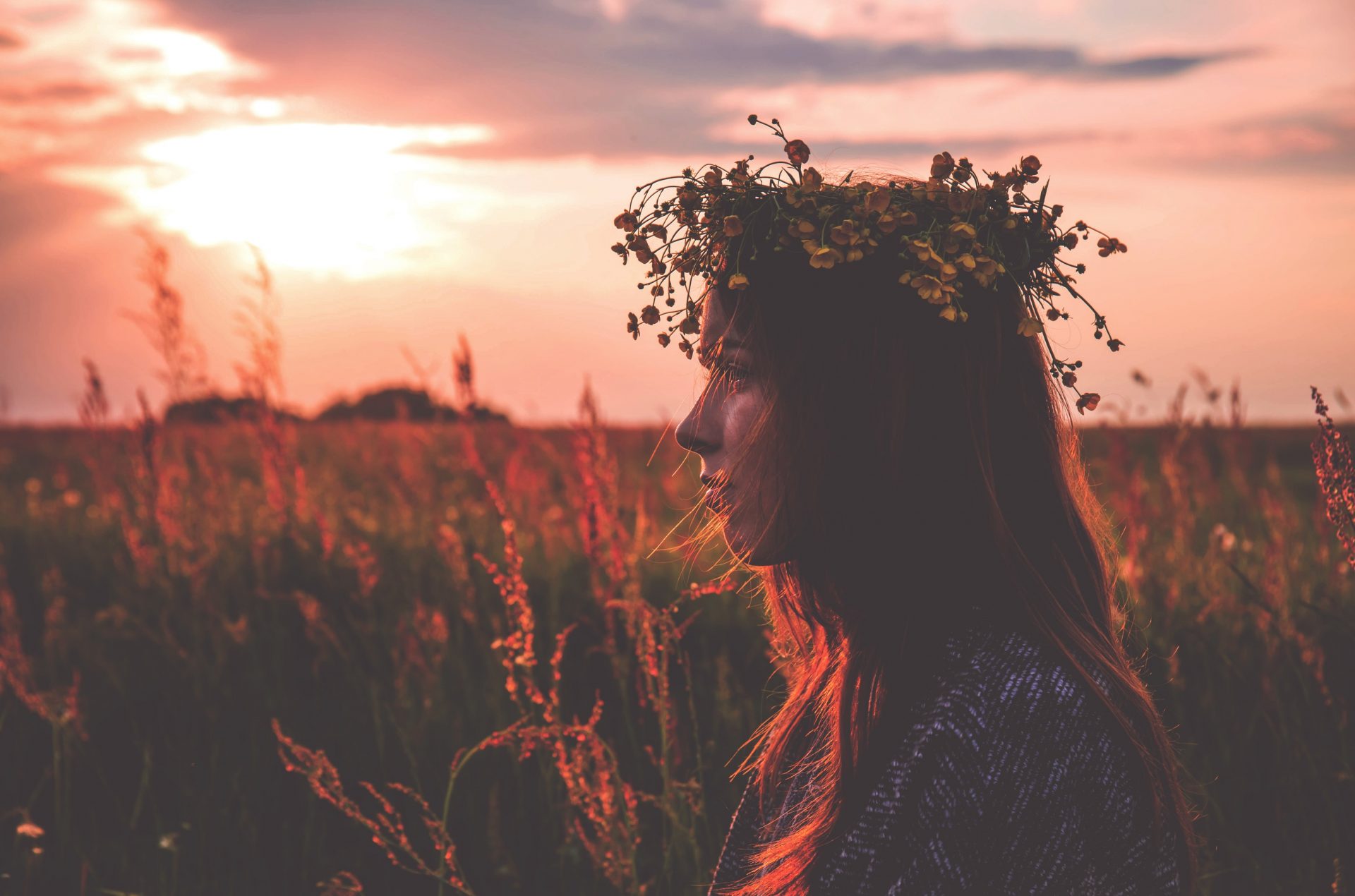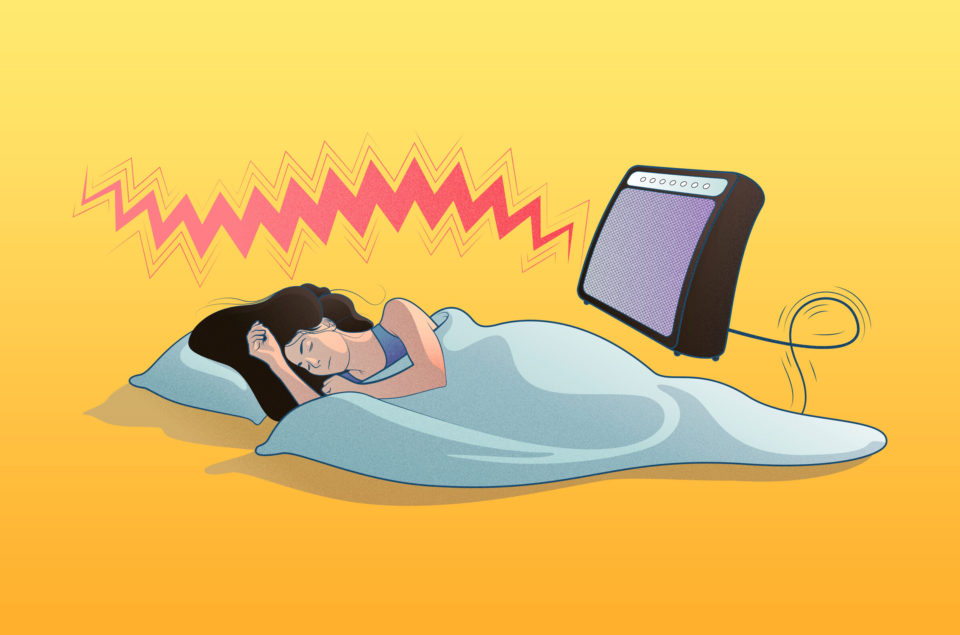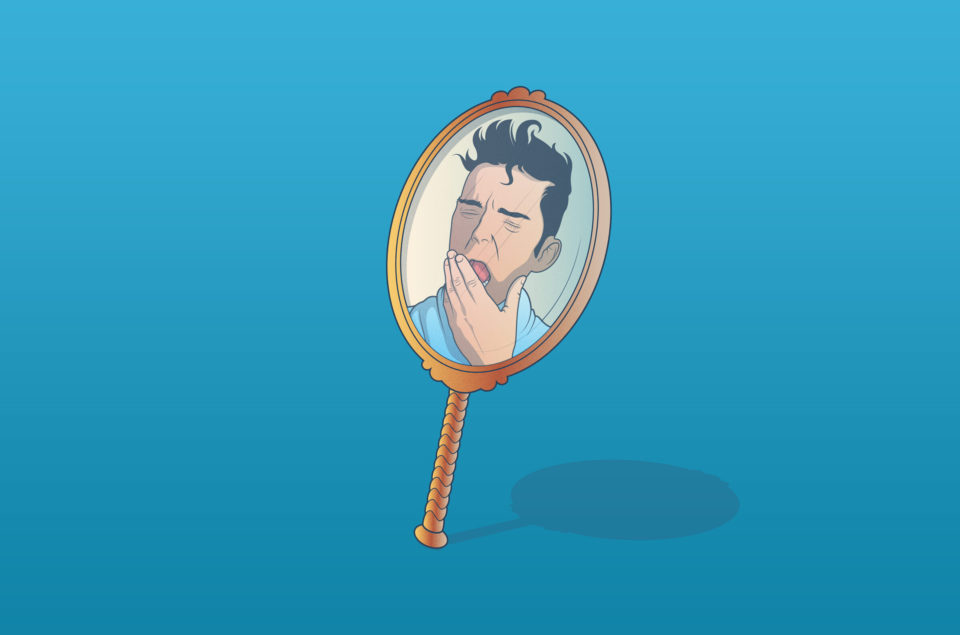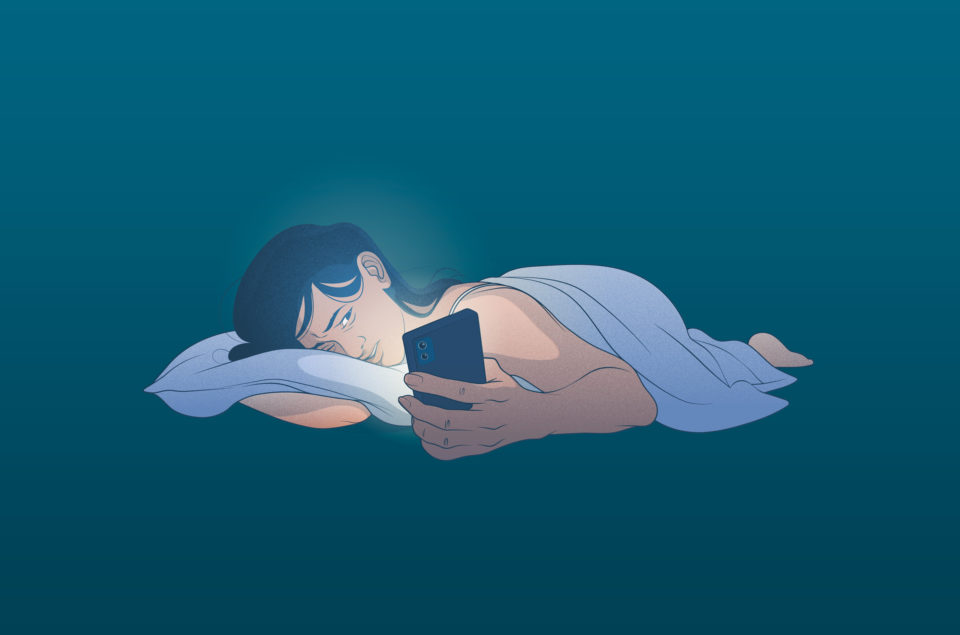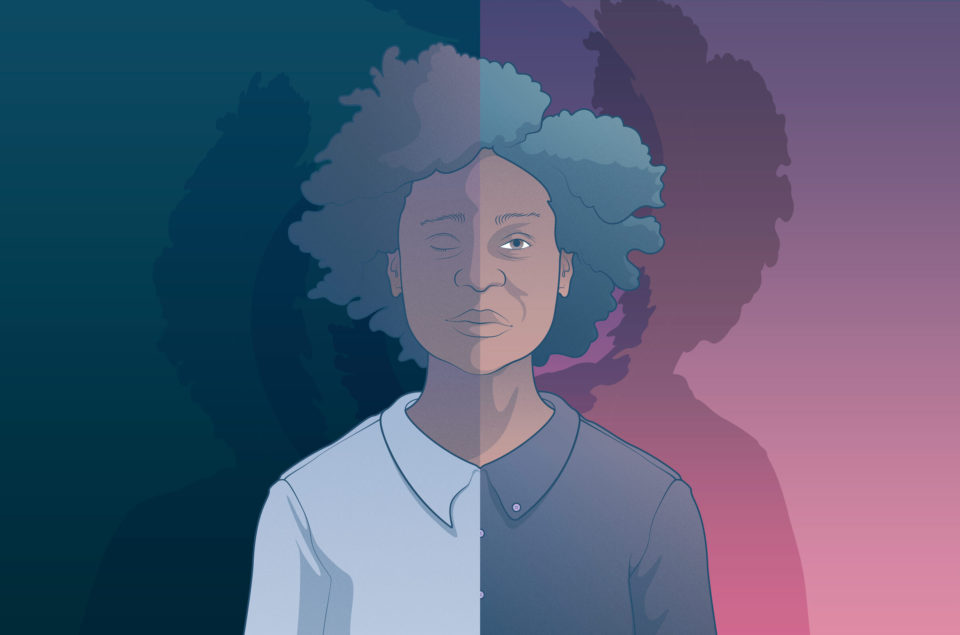Is it OK to start with a confession? I love dreaming. Even the scary, disturbing dreams I sometimes experience are a thrill. Why is this? Probably because I subconsciously know that dreams are a window into another world – and who wouldn’t find that intriguing? But what exactly are dreams and why do we experience them?
Dreams – not as random as they might appear.
Vividly cinematic or tantalisingly fleeting. On first reflection, dreams appear to be chaotically unpredictable. But are they? Reading straight from the dictionary, dreams can be described as images or imagery, thoughts, sounds, voices and sensations experienced while asleep. Coming up with this definition was undoubtedly the easy part. Defining and interpreting the significance of what actually occurs in dreams has proven to be more complex – a bit like their subject matter.
We’ve probably all experienced the diversity of dreams. They can involve people we know well or people we’ve never met or might not even exist. You can be in places you recognise or places you have no idea where you are. Your deepest, darkest fears can feature. Likewise, your wildest fantasies might also play out. What scientists are pretty much in agreement about is that stresses in our conscious life play out in our dreams, either literally or subtly presented through symbolism or imagery. Classic examples of this include being chased (a metaphor for feeling stress), falling (a metaphor for feeling loss of control) or losing teeth (a metaphor for feeling powerless).
A cerebral shakedown
Another theory around the subject presents the conclusion that dreams are a by-product of the brain’s attempt to ‘shakedown’ and organise the day’s thoughts and experiences. Our subconscious effort to make sense of life’s events and perhaps even an attempt to guide us. While this theory has received much attention, other scientists have adopted another, almost polar opposite position. They believe that dreams may not fulfil any function at all. Instead, they postulate that they are by-product of physical and electrical functions in the brain such as the cleansing of neurons while we’re asleep – a consequence of essential maintenance, in other words.
Going back to the dawn of man, some speculate that we’ve developed the practice of dreaming through an evolutionary process designed to help us practice survival scenarios while we sleep – a kind of mental training exercise to ensure the survival of the species.
Dreaming and ancient civilisations
Staying in the past, it’s fascinating to consider how ancient civilisations interpreted the content and purpose of dreams. In Ancient Egypt, it was commonly believed that the dream world was a real place, conveniently located between the lands of the dead and the living and that dreams were a form of communication between these two places. However, interpreting these dreams required the services of a trained professional. Also, like many ancient civilisations, the Egyptians believed in dream incubation, facilitated through complex rituals and ceremonies.
Native American cultures worshipped the dream space as a sacred site. Here, they thought they could leave the physical world and connect with a bigger consciousness and each tribe had their own way of doing this. Aboriginal myth, on the other hand, has a very interesting take on the subject. In this culture, it is believed that ancestral spirits dreamed up the world and everything we believe ‘exists’. They even have a word that is sometimes used to loosely describe this event – Jukurrpa.
A common theme is that these and many other cultures understood what modern day science has shown – that the scenarios that unravel in our dreams have some kind of significance and meaning connected to our waking lives. They are almost always seen as providing hints, clues and sometimes advice about our bodies, souls and the world around us.
There’s still so much we don’t know about the brain and how it operates, waking or sleeping. So much, in fact, that we may never be able to pinpoint exactly what dreams are if they are in fact meaningful or necessary for humans. But that doesn’t stop science from trying and it shouldn’t stop us dreaming either. Because despite the doubts around its purpose, dreaming satisfies an essential element of the human condition – our innate curiosity.
